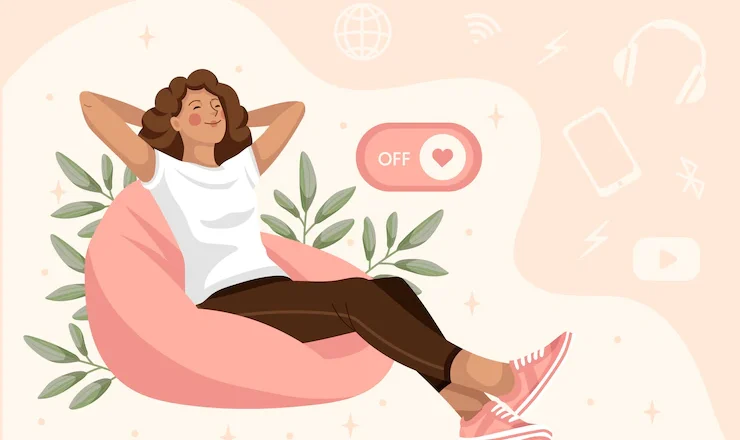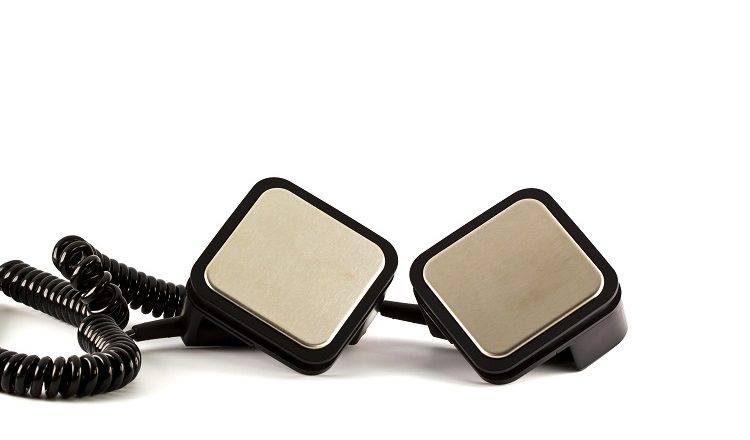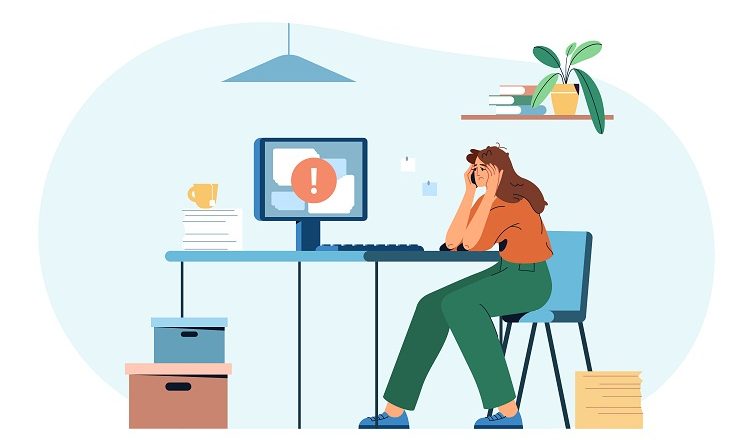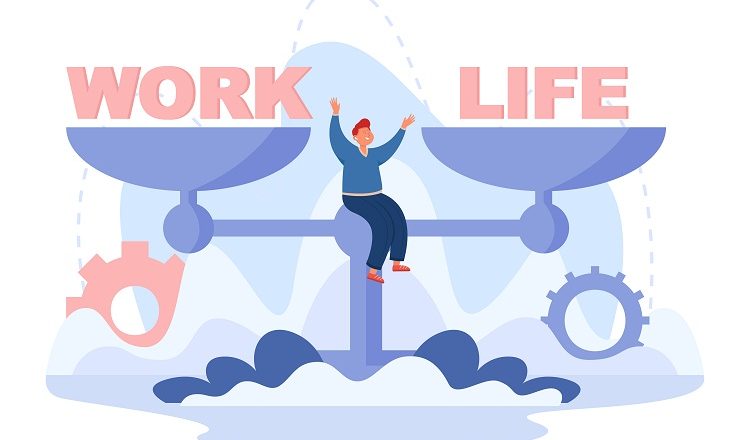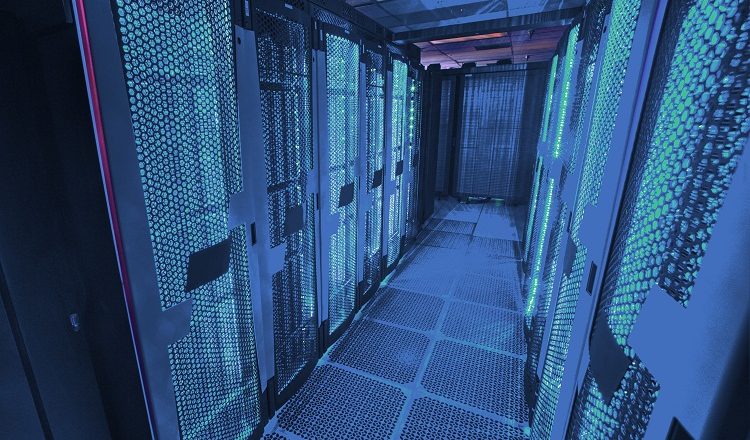Weird businesses and why are people buying them?
Why are people buying weird businesses?
Weird businesses are not just something that people buy for fun. There are many reasons that people buy weird businesses, and they can be broken down into two main categories: the first is to make money, the second is to make a difference.
Some of the weirdest businesses that have been bought in recent years include a chocolate factory, an ice cream parlor, and a petting zoo. These types of business purchases are often made by people who want to make money from these ventures.
While some people buy weird businesses for their own enjoyment or personal gain, others make purchases with more altruistic intentions in mind. Some examples of this are buying an animal sanctuary or a theater company.
What are some Weird Business Ideas
This section will expl...


